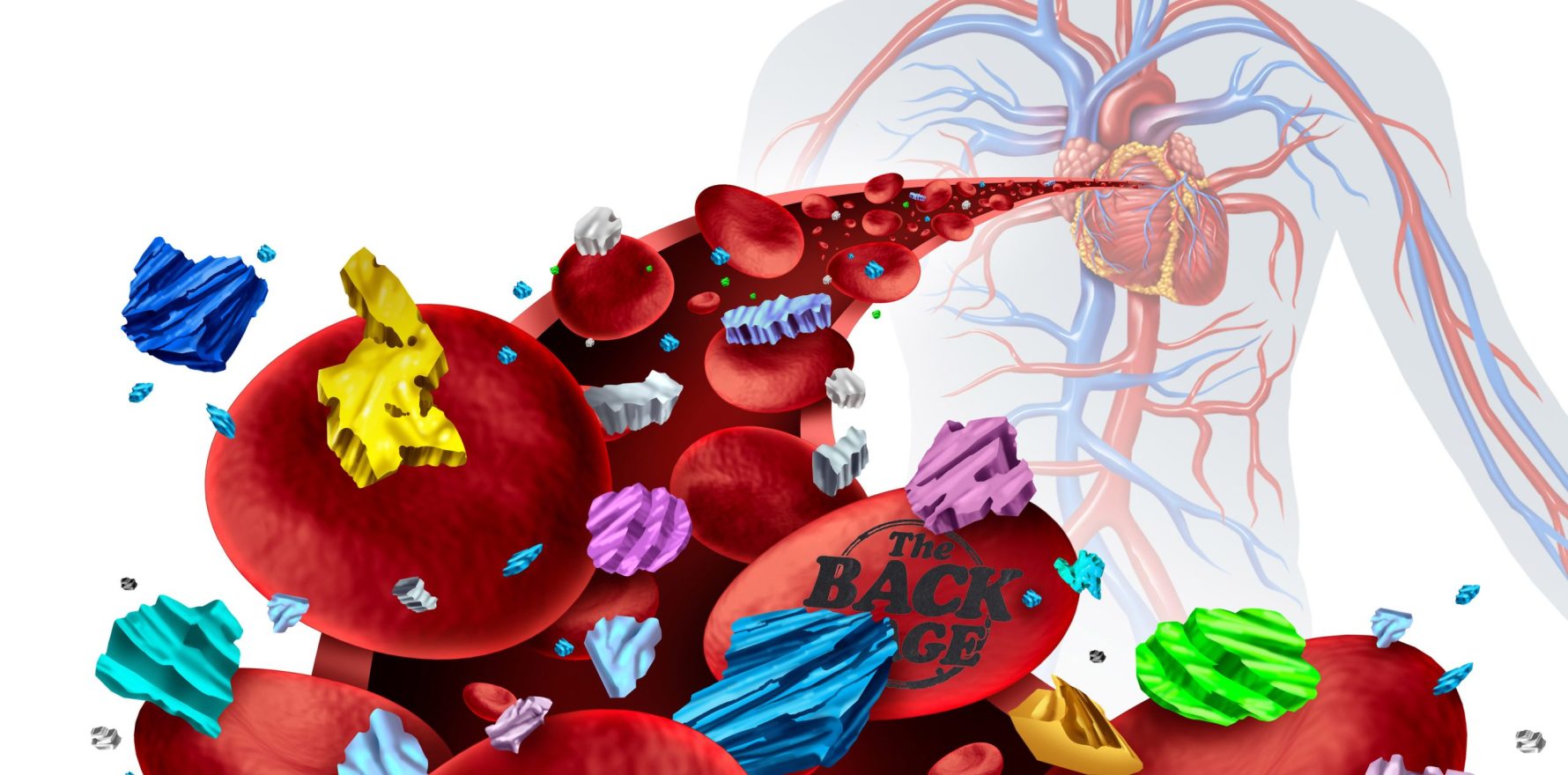Removing microplastics from your body is supposedly easy as … if you happen to have macro-bucks to burn.
Are you worried about microplastics clogging up your blood vessels and damaging your cells?
Of course you are! Who wouldn’t be?
Not that anyone really has a definitive idea of what actual harm these itty-bitty bits of polymer might be doing to our innards, it can’t be good right?
Luckily, some enterprising medical entrepreneurs are now offering a service that may assuage your fears. That is if you are concerned enough and rich enough to take yourself off to a bespoke blood-filtering clinic adjacent to London’s prestigious Harley Street medical district.
An outfit calling itself Clarify Clinic is spruiking a process called apheresis which the company claims will “effectively reduce inflammation by removing microplastics, forever chemicals, and toxins from your blood”.
Thanks to an interview in technology magazine Wired with the clinic’s CEO, we learn that this blood-scrubbing technology can not only ease ailments as varied as chronic fatigue and brain fog to long covid and lupus, the process is so comforting that patients can lie back and doze off for the two-hour duration.
According to the article, how it works is blood is drawn from a cannula into a machine that separates out the plasma from blood cells.
That plasma is then filtered through a column that supposedly traps microplastics and other undesirable chemicals, before being mixed back with the blood cells and pumped back into the patient.
All up, about 50 to 80% of the patient’s blood plasma volume is treated in this process.
“Once it’s running, you feel nothing. It’s very comfortable,” Clarify’s boss cocky Yael Cohen told the magazine. “Patients take calls, do Zooms, watch movies, sleep. The ones who sleep are my favourite.”
The procedure of apheresis has in the past been used for plasma donation or other therapeutic plasma-exchange processes and is regarded as a safe and effective treatment for some autoimmune and neurological disorders.
However, its efficacy as a means to rid microplastics from the human body has yet to be established.
On the other hand, at more than $20,000 a pop it certainly seems a formidably efficient way of removing cash from the wallets of the worried wealthy.
Send unfiltered story tips to penny@medicalrepublic.com.au.


